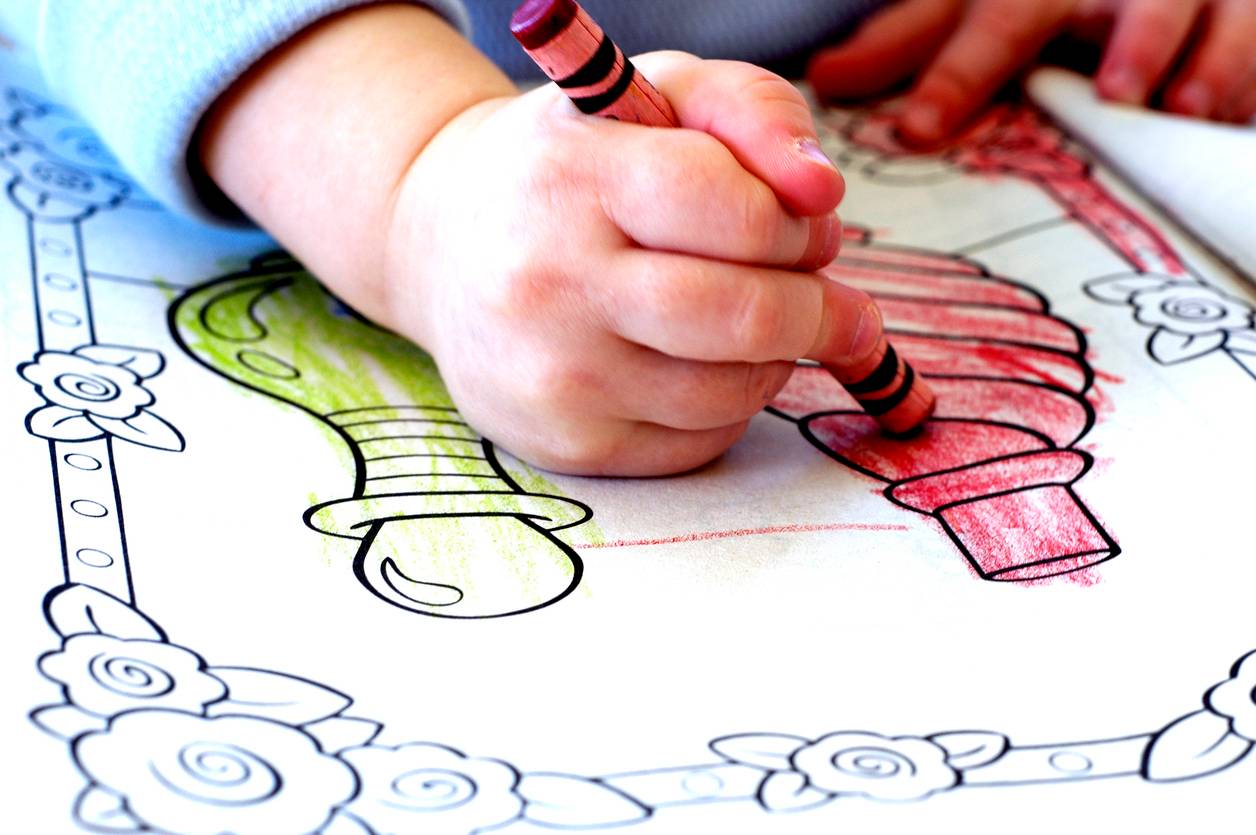Moving to a new home is often more than just a logistical process—it’s a significant emotional journey and not something that is factored in enough. For adults, children, and even pets, leaving behind the familiar and facing the unknown can stir up a range of feelings, from excitement and anticipation to fear and sadness.
As caring estate agents, we have a unique opportunity to help and guide our clients through this transition with empathy and understanding.
This blog explores the psychological impact of moving on each member of the household and offers practical ways estate agents can help mitigate stress and foster a positive moving experience.
Understanding the Emotional Impact of Moving Home
Moving, even when chosen willingly, ranks among life’s most stressful events. The psychological impact can vary depending on a person’s age, personality, and past experiences. By understanding these factors, A good estate agent can provide more targeted and compassionate support.
For Adults
Adults may experience a whirlwind of emotions when moving, including excitement for a new chapter, sadness for leaving memories behind, and stress about the unknowns ahead. Moving is often tied to life transitions—starting a new job, expanding a family, or downsizing after children move out—which can add an extra layer of complexity to the emotional experience.

Beyond the physical demands of packing, adults might face worries about finances, neighbourhood fit, and finding a sense of belonging in their new area. These anxieties are natural but can feel overwhelming.
For Children
Moving can be especially challenging for children, who thrive on routine and familiarity. Leaving behind friends, favourite places, and familiar surroundings can feel deeply unsettling, and young children may struggle to understand why they have to leave at all. Older children and teenagers may face social anxiety about fitting into a new school or finding new friends, which can impact their self-esteem and mental health.
Children may not always vocalize their worries, so it’s essential to be proactive in addressing their feelings and offering reassurance throughout the moving process.
For Pets
Pets, too, can feel the stress of moving. Dogs, for example, are highly attuned to their owners’ emotions and may become anxious if they sense their humans are stressed. Cats often have a strong attachment to their territory, and a move can disrupt their sense of security, potentially leading to behavioral changes or even physical symptoms of stress.
As they can’t communicate in words, pets show their distress through changes in behavior, such as hiding, refusing food, or becoming unusually clingy or aggressive.
How Estate Agents Can Support Clients Emotionally During a Move
As estate agents, we should play an essential role in making the moving process smoother and more enjoyable for our clients. By showing genuine empathy and offering personalised support, we can help ease their transition. Here are several ways we can provide care and assistance:
Offer an Open Line of Communication
Moving involves constant decision-making, which can feel overwhelming, especially for first-time buyers or families relocating from afar. Maintaining regular, friendly communication can provide a sense of stability for clients and offer reassurance. Respond promptly to questions, share updates regularly, and encourage clients to express any concerns or worries.
A warm and approachable demeanor can make a significant difference in how supported clients feel, and even a simple “How are you feeling about everything?” can open the door to meaningful conversation.
Provide Resources for Emotional Preparation
Educate clients about the emotional impact of moving by providing resources like blogs, articles, or guides on what to expect. Share tips on helping children adjust, such as letting them pack their belongings, saying goodbye to friends, or planning a “memory day” where they visit favorite places before moving.
For adults, suggest ways to maintain a routine, manage stress, and prepare for the transition ahead. Offering this kind of support shows clients that you’re not just there for the transaction but are invested in their overall well-being.
Host Virtual “Neighbourhood Tours”
Fear of the unknown is a big source of stress for both adults and children. Offering a virtual “tour” of the new neighbourhood, including local shops, schools, parks, and favorite spots, can make the area feel more familiar before the move. For families, arranging virtual introductions to other families in the area can create a sense of community before they even unpack.
Provide Kid-Friendly Moving Kits
Moving can feel out of a child’s control, which can heighten anxiety. To counter this, create “moving kits” for children containing small, comforting items like colouring books, a notebook for drawing their thoughts, or a personalised welcome card. You might also include a photo of the new house to help them visualise their new room or suggest a fun “packing adventure” where they take charge of their belongings.

These thoughtful gestures help children feel involved and show that you value their experience too.
Suggest Tips for Easing Pets’ Transition
Educate clients with pets on preparing their animals for the move. Advise them to bring familiar items like blankets or toys to the new home and to create a quiet, dedicated space for their pet to retreat to during the busy moving days.
If the new property is pet-friendly, provide information about nearby parks, pet sitters, or veterinary clinics, and even recommend that clients spend extra time with their pets in the new space to build positive associations. Pets may not understand the move, but they will feel more secure with familiar faces and routines.
Check In After the Move
A simple follow-up message after the move can leave a lasting impression. Ask how they’re settling in and if there’s anything you can do to help them feel more comfortable in their new space.
For families, ask how the children are adjusting to the new home, and for pet owners, inquire about their pets’ adaptation. This thoughtful, post-move outreach can solidify trust and show clients that you care about their happiness, even after the deal is complete.
The Bigger Picture - Moving as a Journey, Not Just a Destination
Ultimately, moving is a deeply emotional journey. While the process is often focused on physical belongings, the memories, dreams, and relationships tied to a home hold far greater weight. For children, it’s about embracing change; for adults, it’s about building the next phase of life; and for pets, it’s about finding security in a new environment.
As an estate agent, our role is more than just a facilitator of the property transaction—we are a guide and a source of support. When we approach each move with empathy, understanding, and genuine care, we can help families, children, and pets make the transition with greater ease and resilience.
Final Thoughts
By taking the time to understand the emotional side of moving, Maurice Kilbride can make a meaningful difference in the lives of their clients. When we show care and provide personalised support, we help transform moving from a stressful event into a positive new beginning.
After all, a house is only a home when it feels safe, welcoming, and full of love. For more information about moving home, visit our website www.mkiea.co.uk, call Maurice, Patrick or Josh on 0161 428 3663, e-mail sales@mkiea.co.uk or why not pop into our High Street office for am informal chat.
Share this article
More Articles
Sign up for our newsletter
Subscribe to receive the latest property market information to your inbox, full of market knowledge and tips for your home.
You may unsubscribe at any time. See our Privacy Policy.


